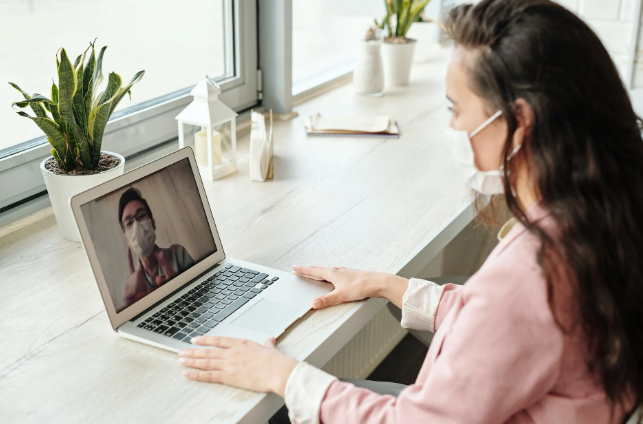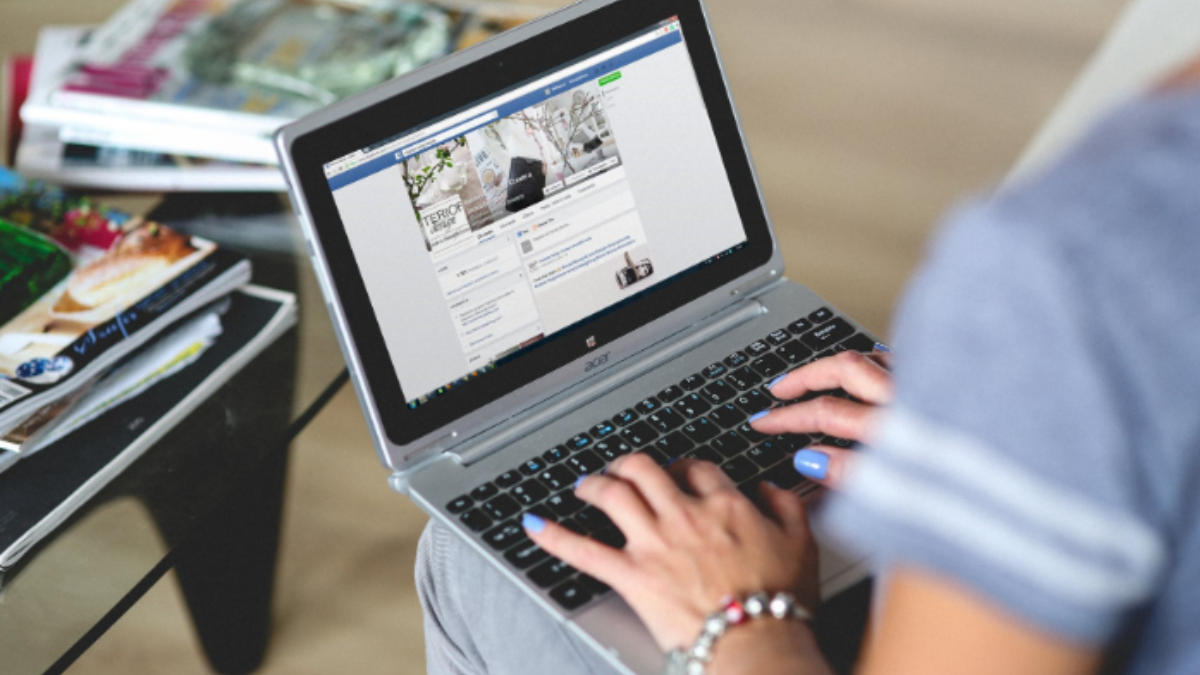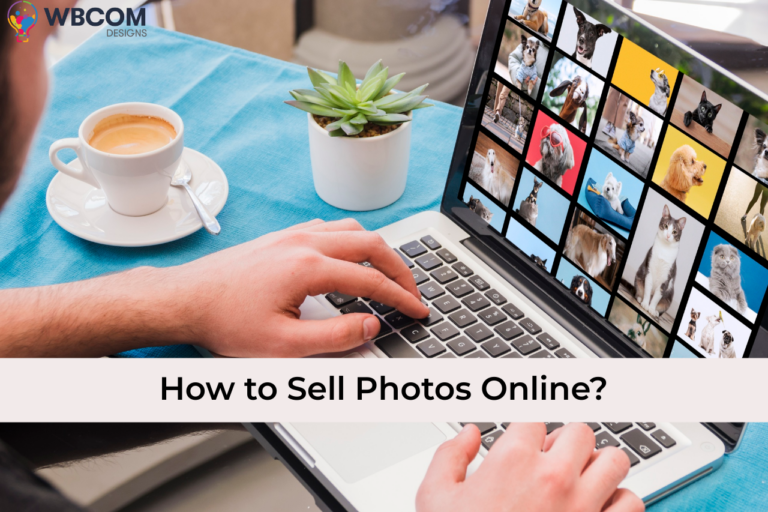Social media and healthcare are a potent combination. Social networks have become a major health resource, and not simply for millennials. Almost 90% of aged adults have used social media to search and share health information.
Knowing how to maneuver the challenges of social media in healthcare can be hard. Providers, brands, and agencies require to create engaging social content. That content also requires to be timely, informative, and accurate. Simultaneously, you require to observe all relevant industry rules and regulations.

Why Create a Social Network For Healthcare Professionals
#1. Increase Awareness
Social media is an important way to grow public awareness regarding emerging, new, and annual health concerns.
“Health care systems must provide trusted information on immunization, flu virus, therapy, ebola, you name it.” That strong advice comes from Michael Yoder, the social media consultant for Spectrum Health.
Occasionally creating awareness is as easy as reminding followers about common sense health practices or attending to common healthy living concerns.
But when things are changing quickly, social media is an important way of ensuring the public has knowledge of the latest issues, advisories, and guidelines. One way to spread the information out there is to exchange information directly in your social posts.
Another nice option is to employ social media to guide followers to credible sources of recent information. This could imply indicating them to your website, or to public health social accounts.
Increasing awareness regarding credible sources makes it simpler for your followers to oppose irrelevant healthcare social media claims they see in posts from their personal social connections.
On that note, let’s discuss the elephant in the room in the matter of social media and healthcare communication: misinformation.
#2. Fight Misinformation
Social media by their inherent nature aids spread information rapidly to multiple groups of people. That’s splendid when the information is fact-related, useful, and clear. Unfortunately, there’s also plenty of health misinformation on social networks.
Occasionally the misinformation arrives in the form of false statements. These are comparatively easily unmasked. You can just cite published research or the current information from a trusted health source like the WHO or CDC.
But occasionally, the creators and spreaders of misinformation utilize a renowned institution’s name to afford their statements credibility. In this instance, it’s vital for the institution named as a reference to explain that they are not the source.
Though there’s also misinformation in the shape of “facts” offered without context, or in the wrong context. Again, quoting research and information from credible sources is the best approach. However, this may need a milder touch. People are strongly disposed to trust information that upholds their existing worldview.
#3. Crisis Communication

More people presently obtain their news from social media than from newspapers. This renders social an important place to exchange breaking information.
And pinned posts and cover images can guide people to key resources at a glance.
Managing and exchanging health information is especially challenging in a moment of crisis.
Health authorities and different organizations operating in the healthcare field are a precious source of information about all types of health concerns.
Social tools present creative ways for healthcare experts to cater to common questions. For instance, the government of India built a Facebook Messenger chatbot. It can reply to questions, direct citizens to the correct resources, and combat misinformation.
#4. Public Health Monitoring

People post about everything online, including their health. Hashtags such as #flu can disclose when diseases are arising in new locations. Public health organizations can even obtain a sense or the seriousness of symptoms.
HealthMap is a project designed by a team at Boston Children’s Hospital. It monitors public health risks through data points including crowdsourcing.
#5. Citizen Engagement
Healthcare problems can be complex to discuss, even with doctors. That’s particularly true for subjects viewed as private or embarrassing. This can obstruct effective care.
For instance, as per the American Sexual Health Association (ASHA), only 12% of young people said they had been examined for sexually transmitted diseases in the previous year. But over half of STDs impact those between the ages of 15 and 24.
ASHA desired to inspire this age group to see STD testing as a regular part of caring for their own health. So, they designed a healthcare social media marketing campaign. The primary component was a social video. In it, comedian Whitney Cummings spoke to college students regarding sexual health.
The video received over 3.6 million views in 10 weeks. More vitally, it directed plenty of visitors to the campaign’s clinic locator. That reveals viewers intended to take real action.
In another instance, Johnson & Johnson worked with Kelly Rowland on a campaign to collect community stories for their #MakeHIV History campaign. The crowdsourced videos got people speaking and aided to create a potent Instagram post launched on World AIDS Day.
#6. Patient Support
Almost 40% of young people (ages 14 to 22) have employed online tools to join with others with similar health challenges. That also consists of social media groups.
That bonding can have real advantages for patients. Researchers published in the journal Surgery designed a Facebook group for 350 liver transplant patients, healthcare providers, and caregivers. A complete 95% of survey respondents mentioned that connecting to the group had been positive for their care.
Facebook groups are also a major use of social media for healthcare professionals and patients to interact. The Mount Sinai Hospital Epilepsy Center built a private, invitation-only Facebook group for patients and caregivers. The 2 doctors who are co-directors of the center functioned as moderators and took part in group discussions.
Social group interactions can also include patient support and education. A study is analyzing if a Facebook group for coronary heart disease patients can raise participation in cardiac rehabilitation.
Obviously, privacy concerns are there when discussing health online. This is a superb use of Facebook secret groups, which do not display in search results. Users have to be invited to join.
#7. Research Recruitment

Social networks present an opportunity to join with potential study and survey participants.
Like brands, researchers and healthcare organizations require to understand social media demographics. This permits you to link with the proper audience. It’s also vital to know how to target social media ads.
Connected & Open Research Ethics is a project of the University of California San Diego. The group aids researchers to set up guidelines for ethical research employing new digital tools. Social networks form part of those tools.
#8. Marketing

68% of U.S. healthcare marketers raised their ad spending on social media for healthcare professionals in 2019. On the consumer side, 42% hiked their social marketing budget.
Healthcare social media marketing doesn’t have to be too serious. (Based on the context, obviously). The health-tracking subscription service Thriva designed a Hallloween-themed ad. It supported the message that testing your health isn’t scary.
They integrated video ads with remarketing efforts to access UK audiences. They witnessed an 11% rise in sales volume. There was also a much lesser cost per acquisition than budgeted.
#9. Educate And Exchange Valuable Content
As mentioned above, many people revert to social media for information in periods of crisis. But to interact with the public for the long duration, you need to frequently offer valuable content that educates and informs.
For instance, the Mayo Clinic designs social video series to tend to common health and wellness topics. The “Mayo Clinic Minutes” are brief, informative and engaging. The videos regularly hit more than 10,000 views. The one, on how to properly wash your hands, has been seen over 60,000 times.
The information requires to be reliable, of course. And correct. But you can become creative and entertaining if that delivers sense to your brand.
For instance, Dr. Zubin Damania is better known on social as ZDoggMD. His fun social videos oppose false and irresponsible health claims. He has developed a community of over 1.6 million followers on his Facebook page.
Ensure the tone used by you is relevant for your brand personality. The Mayo Clinic videos and the ZDoggMD videos are both interactive in their individual way. But it would be extremely dissonant if they exchanged styles.
Reign BuddyPress theme is the best WordPress theme to create an online social community for your sports team, school, company, or niche community including healthcare professionals. A versatile WordPress Community Theme that saves your time & casts memorable impact on your members. A customizable membership theme with devoted support to BuddyPress and bbPress that allows you to create an interactive social network platform on WordPress.
The Reign BuddyPress theme provides dedicated support to Elementor page builder plugin with additional BuddyPress widgets that permits creating social network for healthcare professionals with drag and drop interface. Customize the feel and appearance of your WordPress social community website employing sophisticated color and typography settings and elegant theme skins.
Check out the key features of the Reign BuddyPress theme:
- Front-end form supported
- Finest one click demo import
- Wholly Responsive
- Ultimate/Unrestricted Color Options
- Contact Forms compliant
- Graceful Header Options
- Finest Installation Wizard
- Interesting BuddyPress profile options
- Fast Loading Speed
- Cross Browser Compatibility
All this makes the Reign BuddyPress theme the ultimate solution for your social network website for healthcare professionals.
#10. Conclusion
It’s without doubt that patients employ the Internet to acquire control over their own health. Health systems are required to boost their social media strategy to access target audiences, raise patient engagement, and better health outcomes. Though health systems must overcome challenges around time constraints, privacy, and professionalism, social media presents excessive benefits for health systems to disregard.
Intresting Reads:






